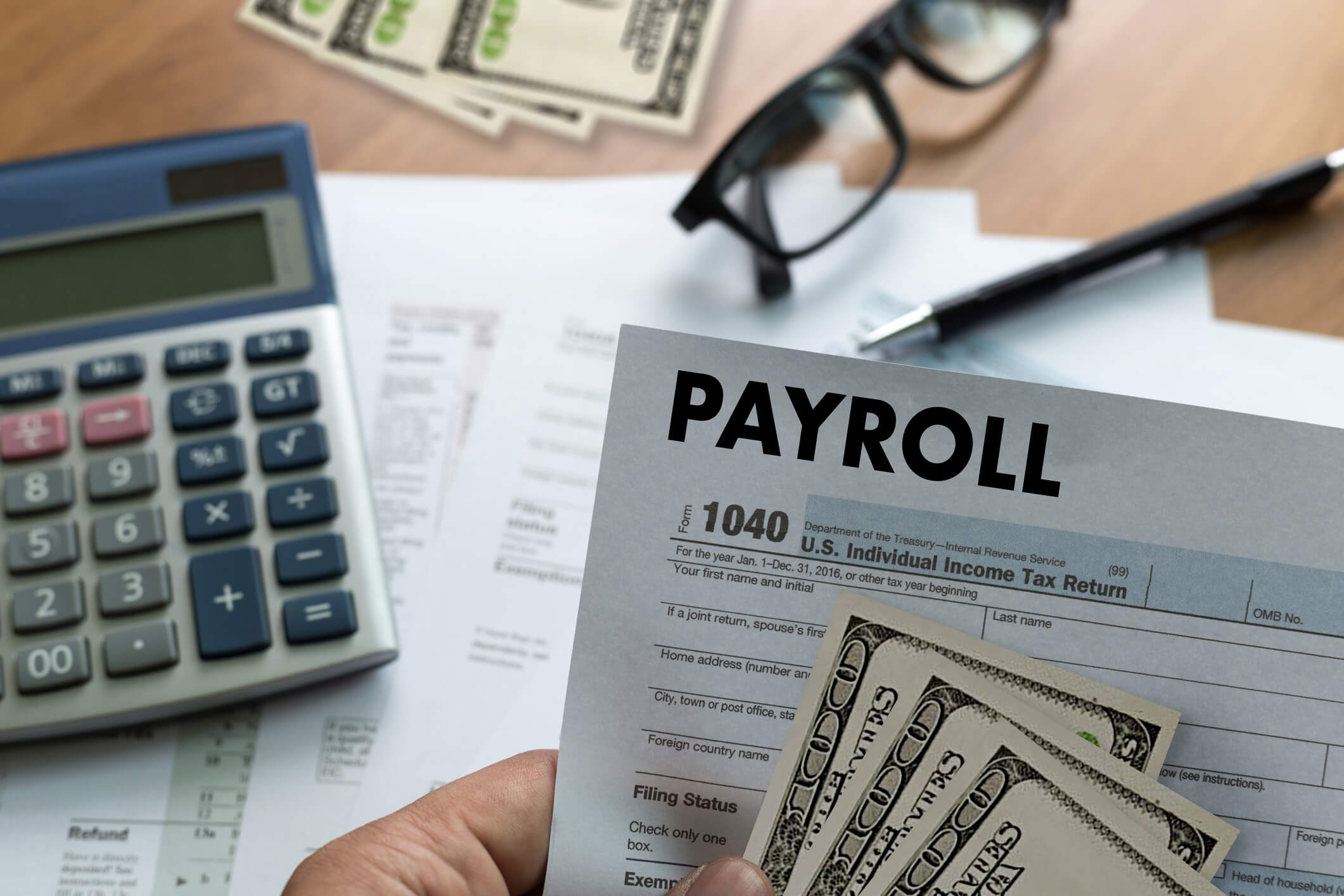Past-due payroll taxes can cause many problems for you and your business. Because of the increased efforts to enforce tax compliance, there is a threat of your business being shut down and you being subject to penalties, criminal investigation, and tax debt.
Smaller businesses have a higher chance of being subject to this tax compliance because they are the largest group suspected to be responsible for tax avoidance and evasion. For this reason, the IRS targets these business owners, especially during critical economic times.

What Can Happen if you have Payroll Tax Problems?
Suppose there are issues in your business’s tax payments. In that case, the repercussions can be detrimental, especially if the Federal Government takes on the extreme version of its tax compliance enforcement.
Closing Your Business
First, the IRS is mighty, and if it becomes aggressive, it can do a lot, from locking your business’ doors and shutting down its operations. They can do that without getting it approved through a court order. They can seize or confiscate your equipment and machinery and even divert your account receivables towards themselves. Since the IRS has so much power and will use it against those who do not file, deposit, or pay their taxes, dealing with payroll tax problems promptly becomes necessary.

Hefty Tax Bills
Other things that can be a problem for you are the fines and the penalties; these can continue increasing to noticeably considerable amounts. A hefty tax bill is the last thing you want for your business. The three considerable penalties that you would need to worry about if you do not solve your payroll problems are:
Non-compliance includes failure to file, deposit, and pay taxes.This can collectively turn into 33% plus interest, which can become too dependent on the conditions of your business. The inability to pay these tax bills may lead to the confiscation of assets or, worse, closure.
Federal Crime
Not properly filing or paying your taxes, including those concerning payroll, constitutes a crime against the federal government. Your case can be put forward to the Criminal Investigation Division, leading to a case referred to the Department of Justice if the IRS can prove that you intentionally avoided and evaded taxation.
Furthermore
It is illegal to use the money taken on behalf of payroll. It is common practice for many small and medium-sized businesses to do so in a business’ operating expenses. However, it is to be understood that money collected for withholding tax, FICA, Medicare, and Social Security does not belong to the business and must be paid to the government. Ideally, one must make a tax deposit three days after the payroll checks are issued.
The IRS can come after individual owners and shareholders for unpaid payroll taxes. It has access to the Trust Fund Recovery Penalty (TRFP), which it can use against shareholders and owners. Even the thought of the IRS being able to snatch you behind the protective cover of the ‘corporate veil’ can send shivers down one’s spine.

What do You Need to do?
If you are going to be audited or owe payroll taxes, it is recommended that you talk to a professional accountant or bookkeeper. It can be problematic if you do not have expert help; imagine being without a lawyer in a courtroom. It will be much easier to face an audit or handle a non-payment if you have the services of a Tax Attorney or a Certified Tax Resolution Specialist.
Conclusion
In conclusion, the consequences of past-due payroll taxes can be severe and far-reaching for both businesses and individuals. The threat of business closure, hefty tax bills, and potential criminal investigations by the IRS loom large. Small businesses, in particular, face a higher risk of being targeted for tax compliance issues, making it imperative for owners to address payroll tax problems promptly.
The power of the IRS to shut down operations, seize assets, and impose significant fines underscores the importance of timely tax compliance. Failure to file, deposit, or pay taxes can lead to penalties totaling 33% plus interest, placing a considerable financial burden on businesses. Additionally, the failure to distinguish between funds collected for payroll taxes and those for operating expenses can result in legal repercussions.
Taking proactive steps to address and resolve payroll tax problems is crucial to safeguarding the business and individuals from the potentially devastating consequences of non-compliance with tax obligations.
 About Complete Controller® – America’s Bookkeeping Experts Complete Controller is the Nation’s Leader in virtual bookkeeping, providing service to businesses and households alike. Utilizing Complete Controller’s technology, clients gain access to a cloud platform where their QuickBooks™️ file, critical financial documents, and back-office tools are hosted in an efficient SSO environment. Complete Controller’s team of certified US-based accounting professionals provide bookkeeping, record storage, performance reporting, and controller services including training, cash-flow management, budgeting and forecasting, process and controls advisement, and bill-pay. With flat-rate service plans, Complete Controller is the most cost-effective expert accounting solution for business, family-office, trusts, and households of any size or complexity.
About Complete Controller® – America’s Bookkeeping Experts Complete Controller is the Nation’s Leader in virtual bookkeeping, providing service to businesses and households alike. Utilizing Complete Controller’s technology, clients gain access to a cloud platform where their QuickBooks™️ file, critical financial documents, and back-office tools are hosted in an efficient SSO environment. Complete Controller’s team of certified US-based accounting professionals provide bookkeeping, record storage, performance reporting, and controller services including training, cash-flow management, budgeting and forecasting, process and controls advisement, and bill-pay. With flat-rate service plans, Complete Controller is the most cost-effective expert accounting solution for business, family-office, trusts, and households of any size or complexity.



